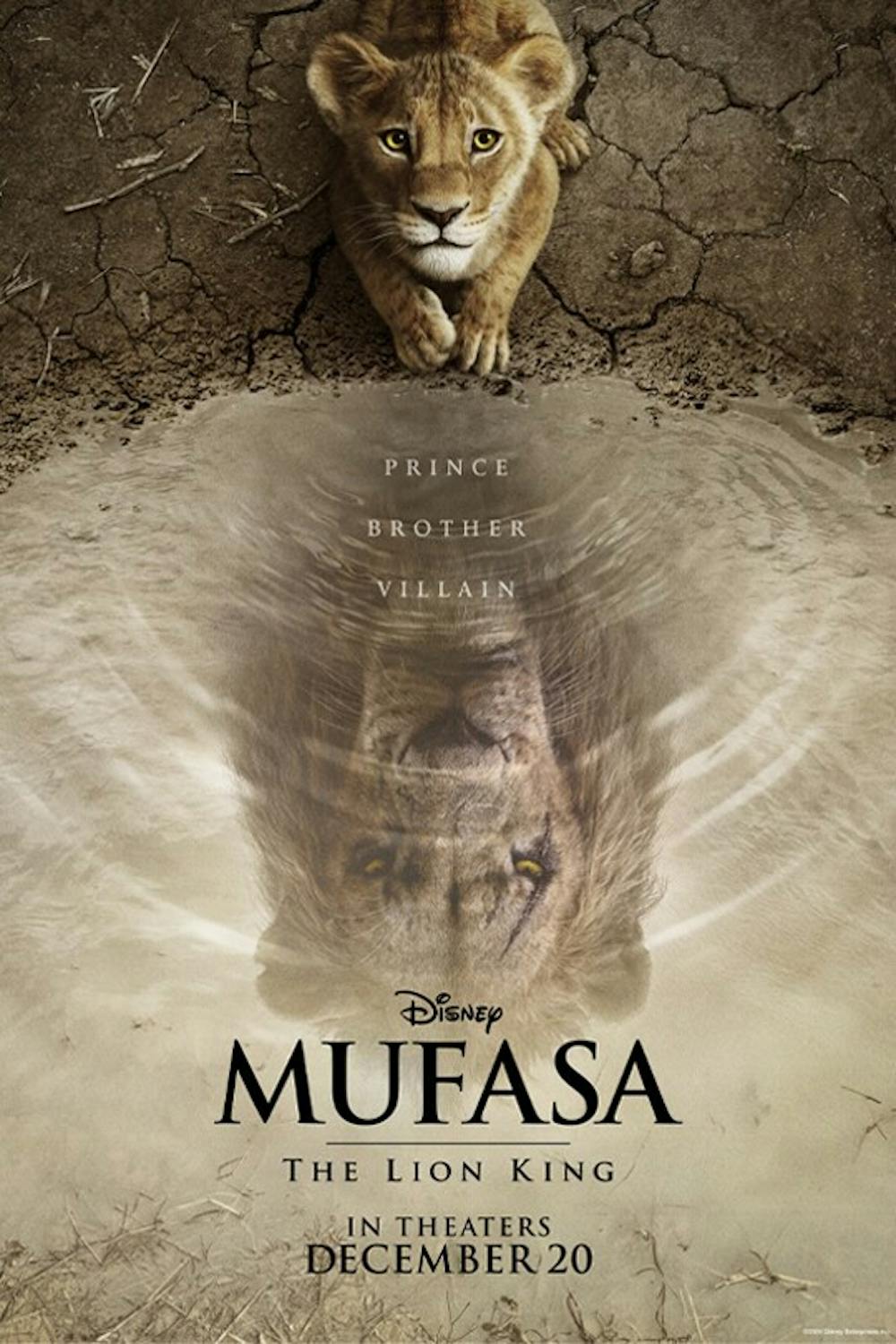Disney, seemingly seeking to add to as many franchises as possible, is now revisiting Pride Rock in “Mufasa: The Lion King.” The film a CGI-live-action prequel to "The Lion King", which is scheduled to premier Dec. 20, 2024, promises to tell the story of Mufasa’s childhood, showing how he grew up and rose towards nobility.
At the helm of this endeavor is Barry Jenkins, best known for the small-budget 2017 best picture winner “Moonlight.”
If that sentence gave you a slight pause, you aren’t alone. For many, the idea that Jenkins would pivot from his usual filmmaking to focus on a live-action Disney prequel is cause for a bit of whiplash. Jenkins is, after all, known for his emotionally-nuanced portrayals of the human experience, showcased delicately through his expressive and colorful cinematography. Jenkins’ status as an independent, somewhat experimental artist may not instantly fit with the concept of a “Lion King” prequel.
After Jenkins shared the initial trailer for the movie on his X, he was met with immediate backlash from fans questioning his involvement with the project. As people criticized Jenkins’ decision to direct “Mufasa: The Lion King,” one accusation rose to prominence: Jenkins, in creating a “soulless” film that exists purely for profit, is betraying his noble artistic roots.
In the wake of this backlash, Jenkins staunchly defended his artistic decisions. In an interview with the New York Times, Jenkins emphasized that he finds profound meaning and connection in the original “Lion King” and sees an opportunity to bring a moving story to future audiences. In addition, Jenkins asserts that “Mufasa: The Lion King” follows prominent themes of childhood seen throughout his body of works; while the big-budget film is a departure in its scale, tone, and topic from Jenkins’ usual filmmaking, the opportunity to contribute to a beloved work that is so closely to related to childhood appeal to the director.
If Jenkins is, as he seems to be, satisfied and proud of his directorial decisions, why are people so surprised and frustrated with his actions? Why do people care about what projects Barry Jenkins chooses to do?
To me, the answer seems to be rooted both within fears of mass commercialization of art and within conceptual notions of the noble, independent artist.
Disney, especially now, carries an image of being purely profit-driven. Of the 13 major Disney features announced for release in late 2024 and throughout 2025, only three might be considered original concepts; the rest are either sequels, prequels, or live-action adaptations of beloved animated films. The company seems bent on commercializing its films as much as possible, emphasizing profit through franchising rather than the creation of original works.
It seems only natural that some audience backlash to Jenkins’ decision to take on a live-action prequel to “The Lion King” is rooted in an exhaustion with the constant commercialization and the lack of new stories dominating the current film landscape. Disney, with its monopoly on current entertainment, can feel overwhelmingly all-consuming. To watch a respected independent creator who previously emphasized original, nuanced pieces seemingly shift to a profit-driven piece can be disheartening.
This perception of Disney as profit-minded above all else clashes with the general concept of the independent artist. It is worth noting that when people consider artistry, they often deify the idea of hardship. To many, true art is born from low-budgets, suffering, and occasional unpopularity. When people look at independent directors like Jenkins, they see them, for better or worse, as beacons of artistry; they become people who paint the truths of the world in vivid color, telling stories crucial in our modern society.
While Jenkins’ work is phenomenal, it can be limiting to place any artist on this often unattainable pedestal. The popularity, high-budget, and anticipated soullessness of “Mufasa: The Lion King” become a betrayal to people that deify the independent artist Jenkins has been known as. Placing artists into a position where they cannot work on any projects considered beneath them not only limits their potential to explore concepts unfamiliar to them, but also discounts any genuine engagement with their new creations.
It may be worthwhile to genuinely examine works like “Mufasa: The Lion King”. Even if Disney produces allegedly soulless films like this one primarily for profit, it is still worth engaging with why these works may be so popular and how they leave lasting impressions on the young viewers who watch them. Jenkins, by legitimately engaging with and pouring passion into this story, seems to be doing just that.
I will admit that I am not highly anticipating “Mufasa: The Lion King.” However, I refuse to discount this film entirely; Jenkins, regardless of whether he is considered a beloved indie director or the next sellout, is clearly a passionate man who tells stories he considers worth telling. I, for one, am curious to see how Jenkins’ soulful style translates to the larger screen.
Get The Chronicle straight to your inbox
Sign up for our weekly newsletter. Cancel at any time.

